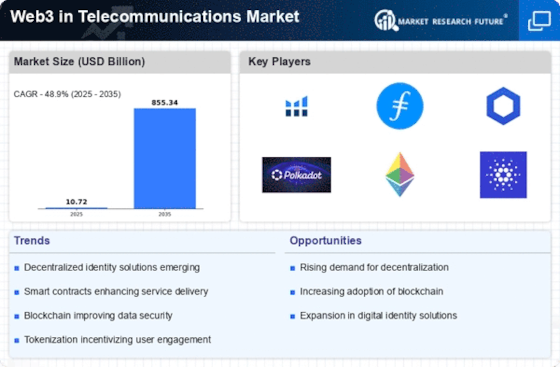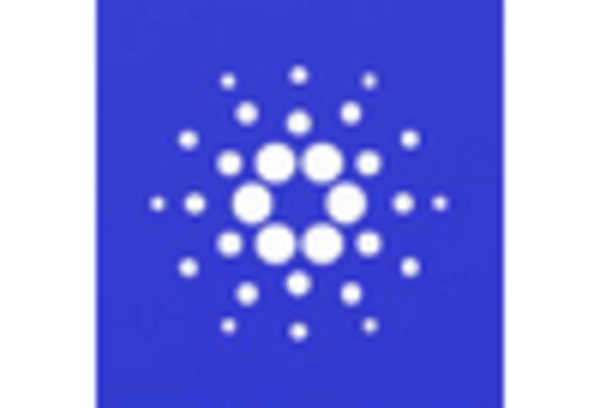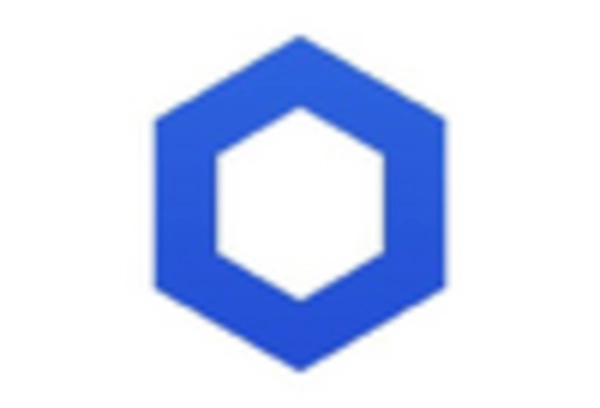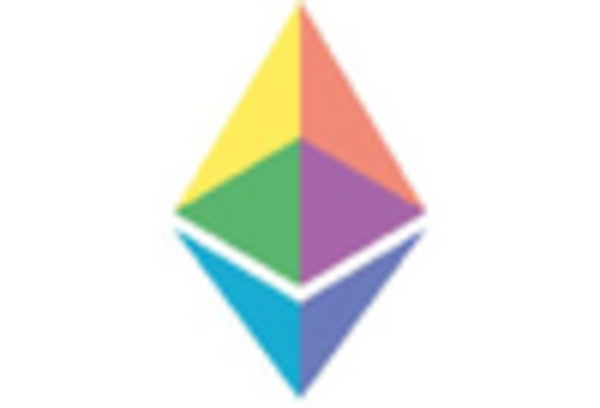Market Analysis
In-depth Analysis of Web3 in Telecommunications Market Industry Landscape
Web3 is ushering in a new era for e-commerce and retail, which is experiencing transformative changes driven by various market factors. One key shift is the emphasis placed on decentralization, which boosts security and transparency when it comes to transactions. With its foundation built around blockchain technology, Web3 ensures that data is safely stored and cannot be interfered with, hence instilling confidence among consumers who disclose sensitive information during transactions. In the space of e-commerce and retail, one notable effect of Web3 is moving towards a decentralized peer-to-peer economy. Traditional models mostly rely upon intermediaries for transaction facilitation, thereby resulting in high costs and slow processing times thereof.Web3, however, does away with the need for such intermediaries, making it possible for buyers and sellers to deal directly. By doing so, the process of transactions not only becomes more efficient but also lowers costs, thereby enabling businesses and individuals to participate in commerce more effectively. Web3 has smart contracts that play a prominent role through automated enforceability of contractual arrangements without intermediaries. These can be particularly useful in e-commerce and retail sectors where order fulfillment or payment processing may be expedited. As such, smart contracts contribute to operational efficiency as they minimize mistakes, thus providing customers with a seamless shopping experience. DeFi is changing the financial landscape for e-commerce and retail by integrating with Web3. The decentralized nature of financial services enables businesses to seek alternative modes of financing, which reduces their dependency on traditional banking systems. While the democratization of finance allows smaller companies to compete effectively with established players, it also enhances market innovation and diversity. The rise of non-fungible tokenization (NFT) is another factor in the market associated with Web3 and is making waves in e-commerce and retail. This brings with it a new concept of what ownership means by tokenizing digital and physical assets using NFTs. Organizations can utilize NFTs to make items rare and unique, therefore increasing the worth of their existing products. NFTs also deal with counterfeiting and integrity issues, which are vital, especially in the retail sector. Advanced communication between various platforms has been made possible through interoperability, which is a characteristic of Web3 technologies such as those used in this industry. In e-commerce and retailing, this interoperability enhances supply chain optimization, coordination, and collaboration. As a result, businesses are more responsive to customer needs, eliminate inefficiencies related to their operations, and have an agile supply chain.


















Leave a Comment